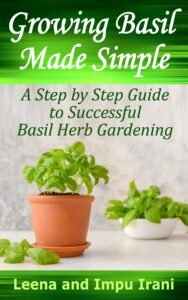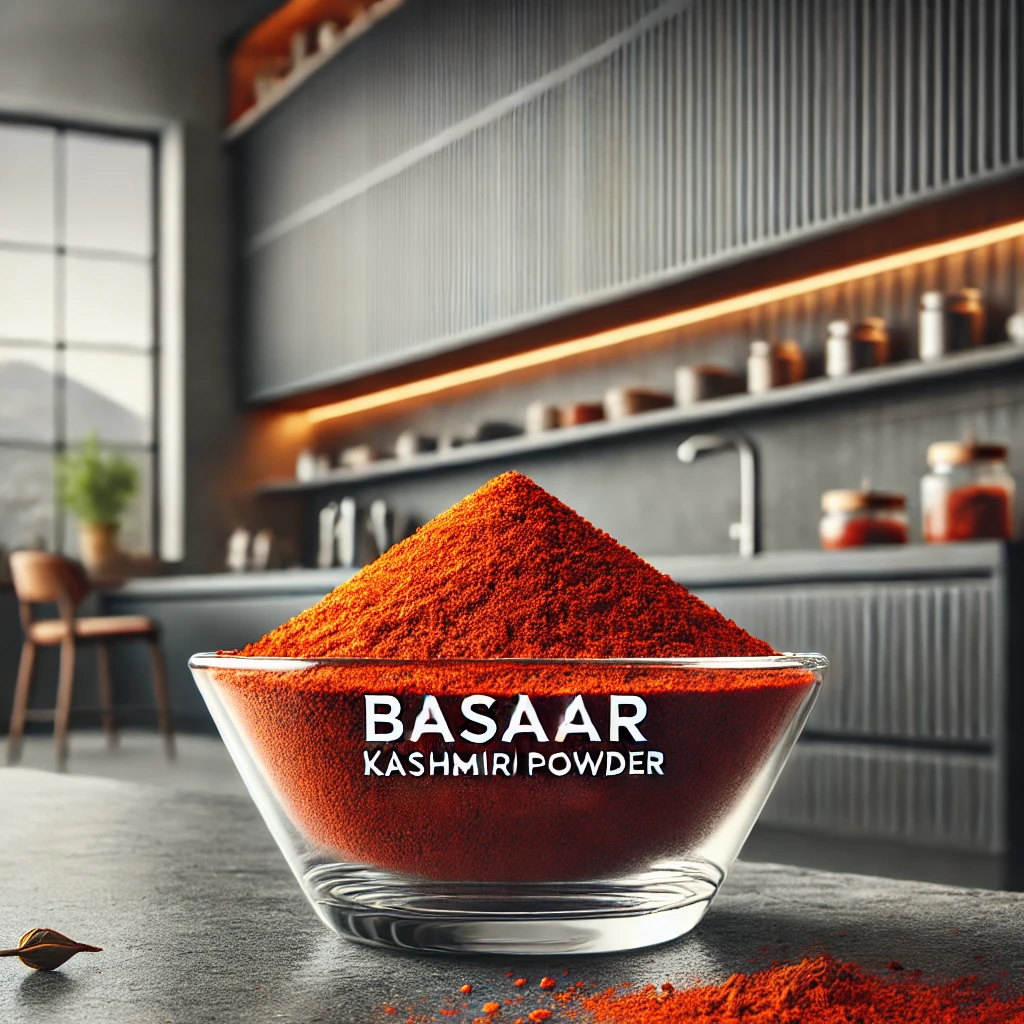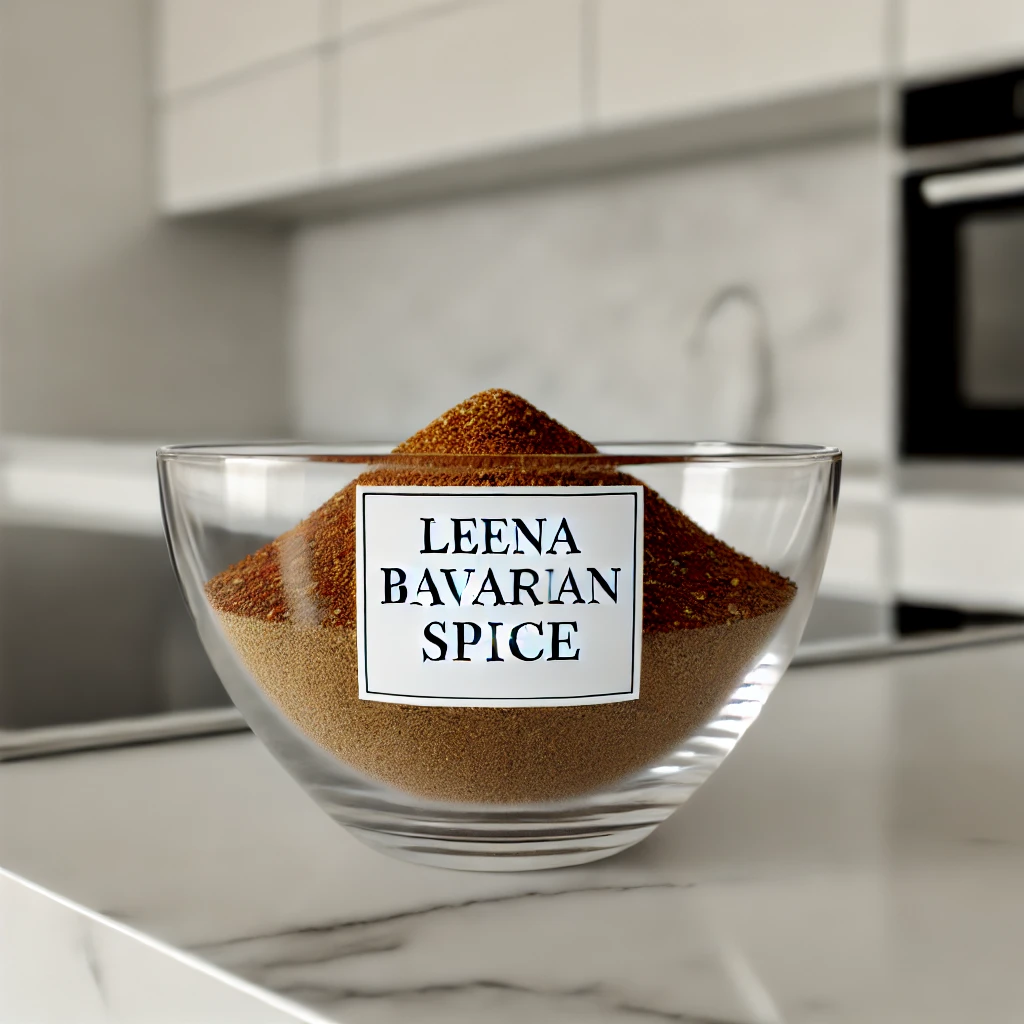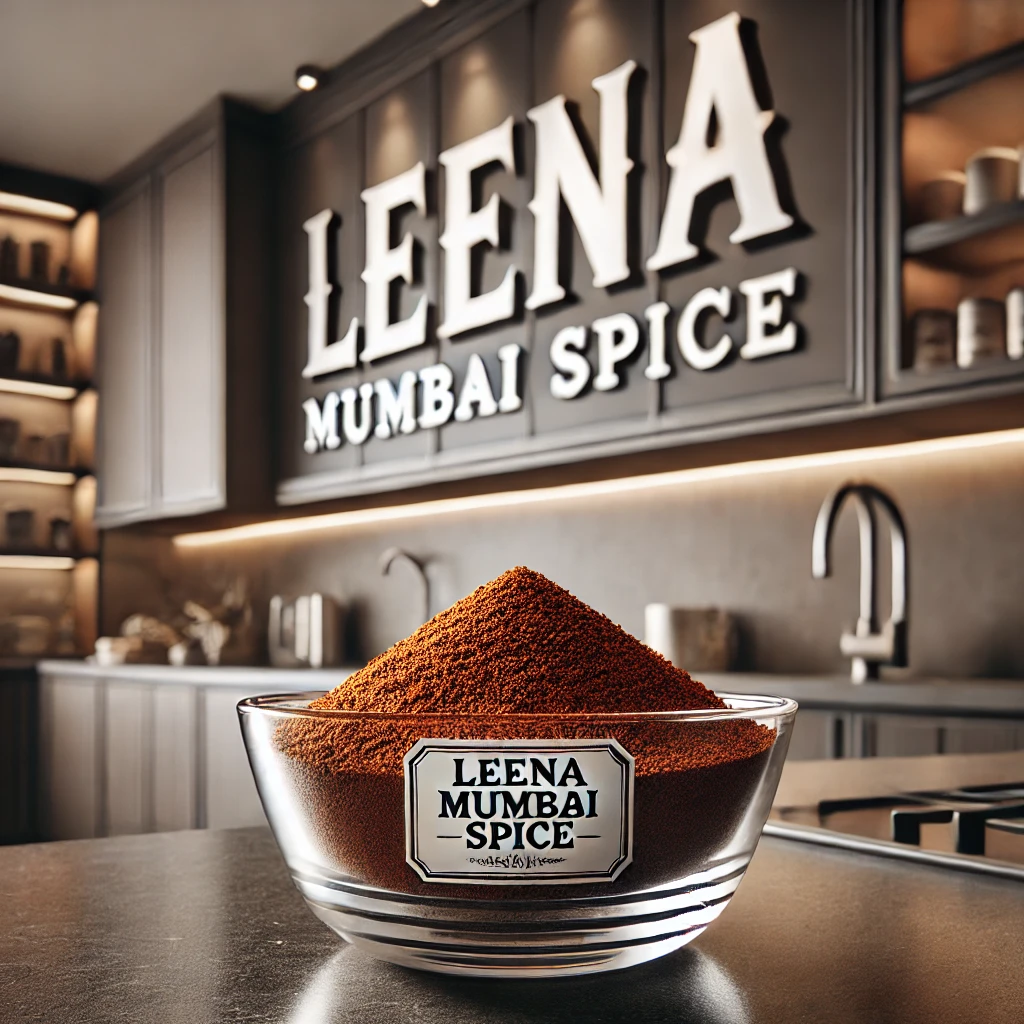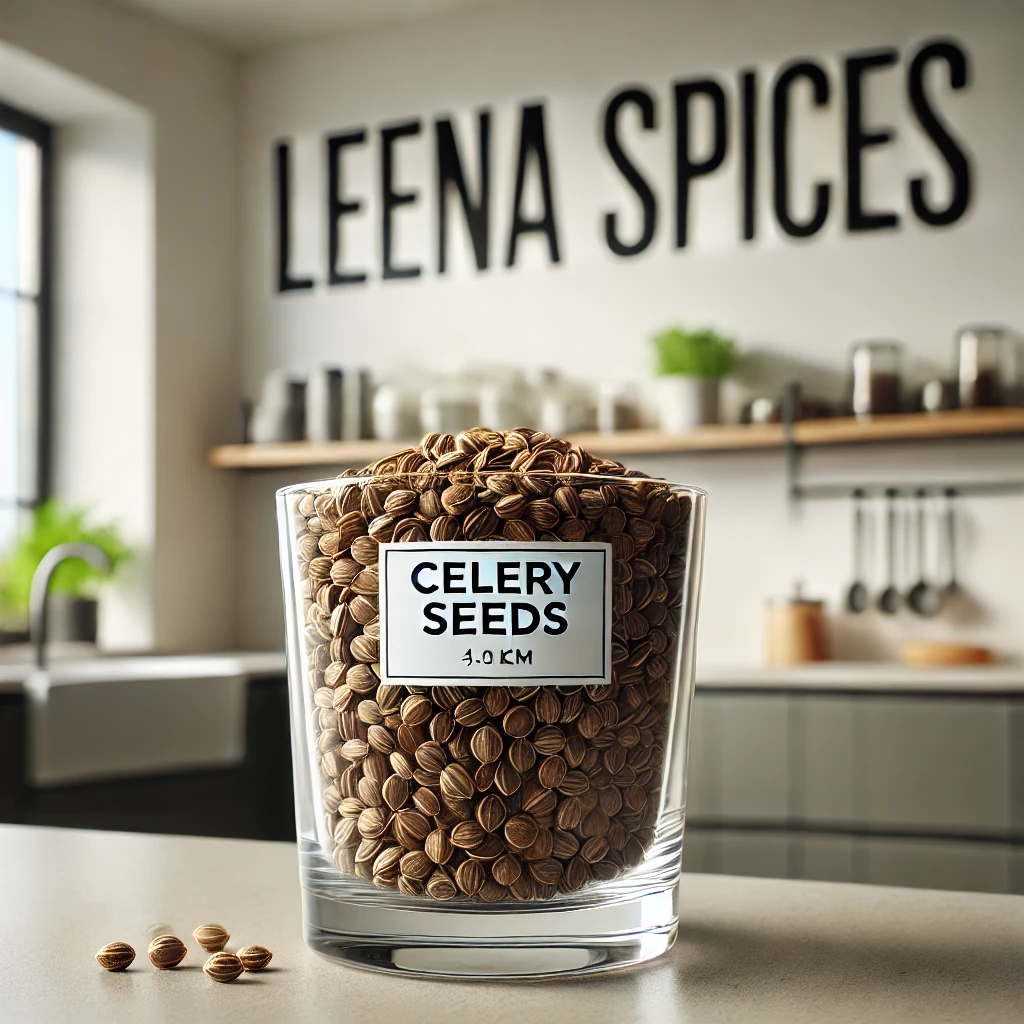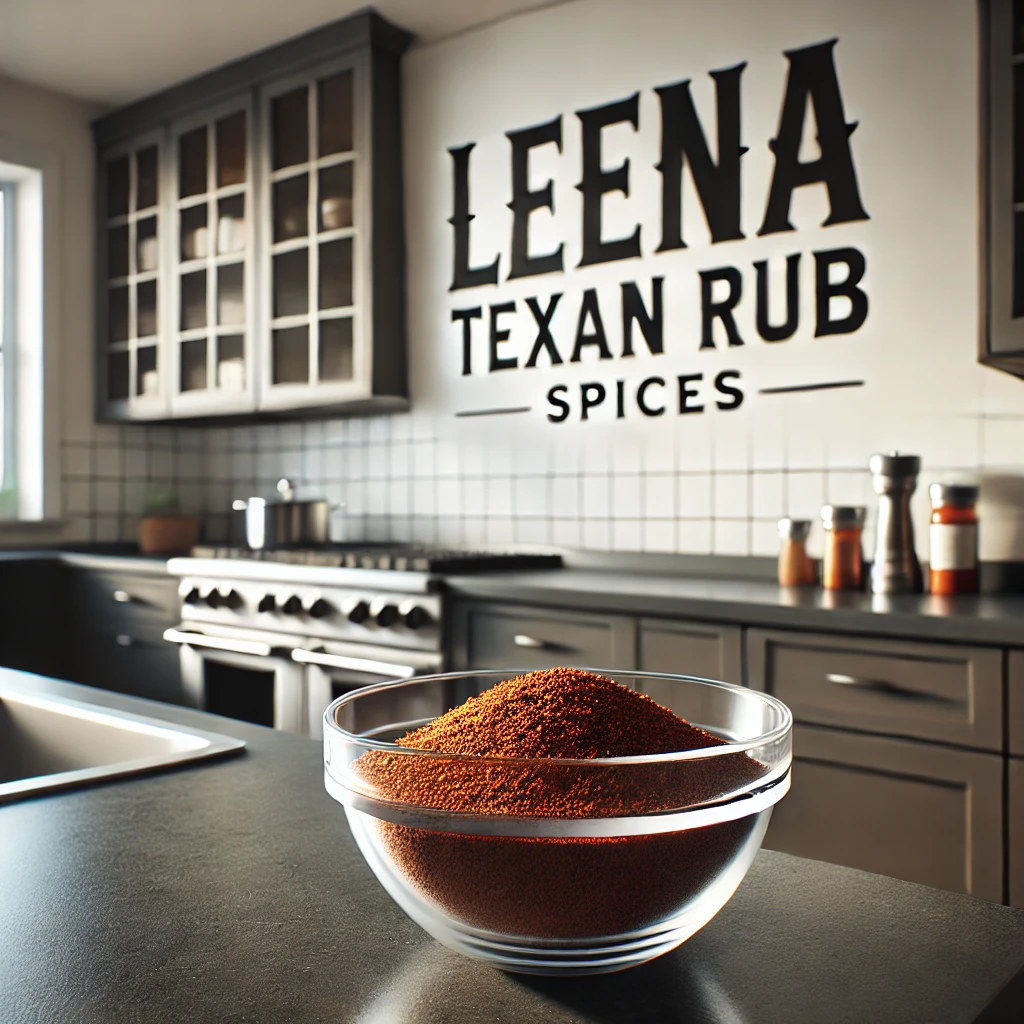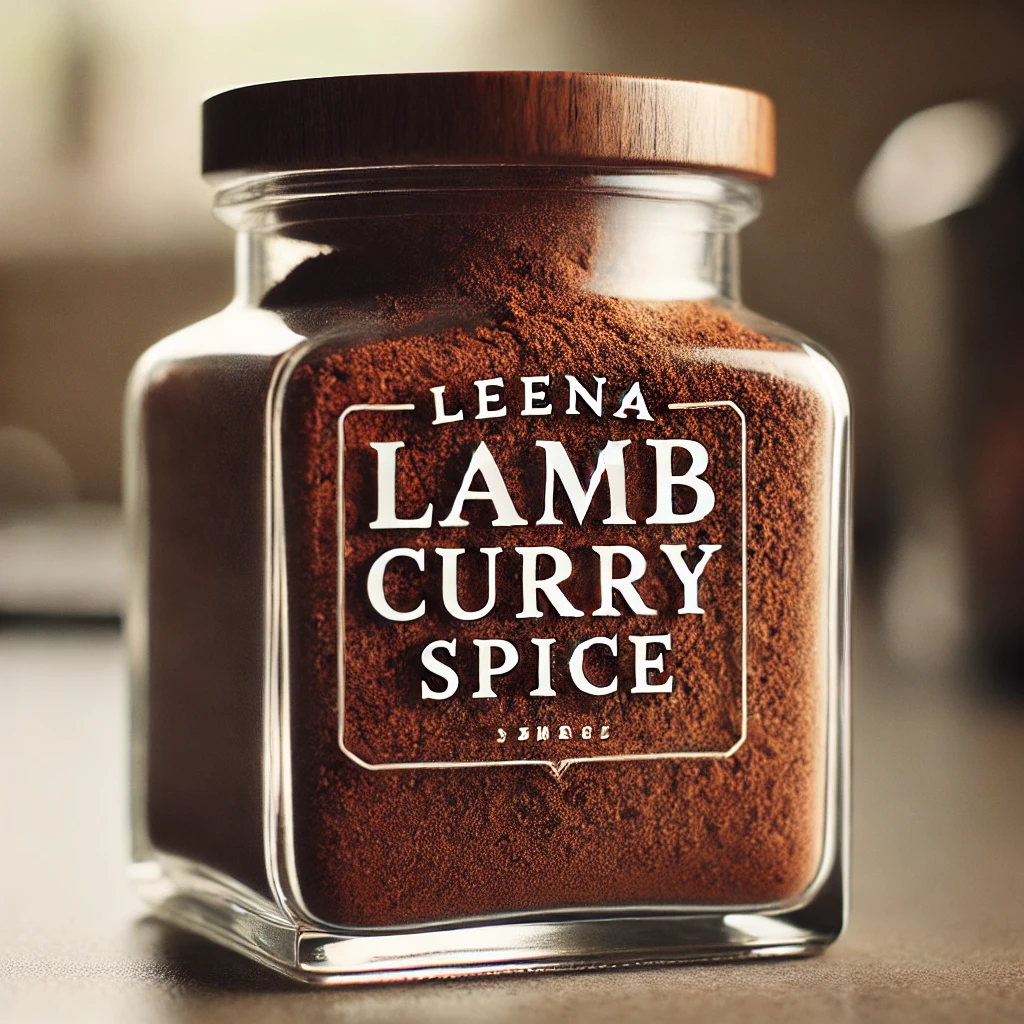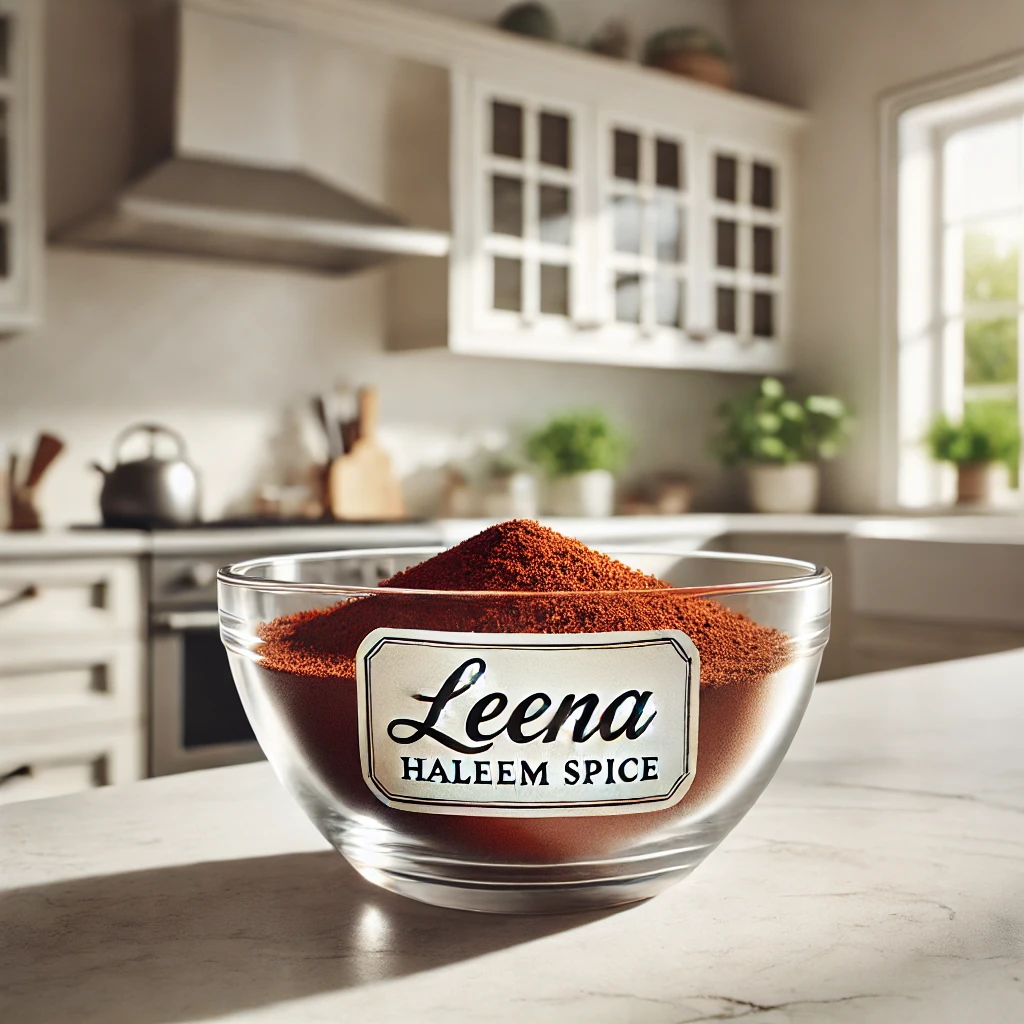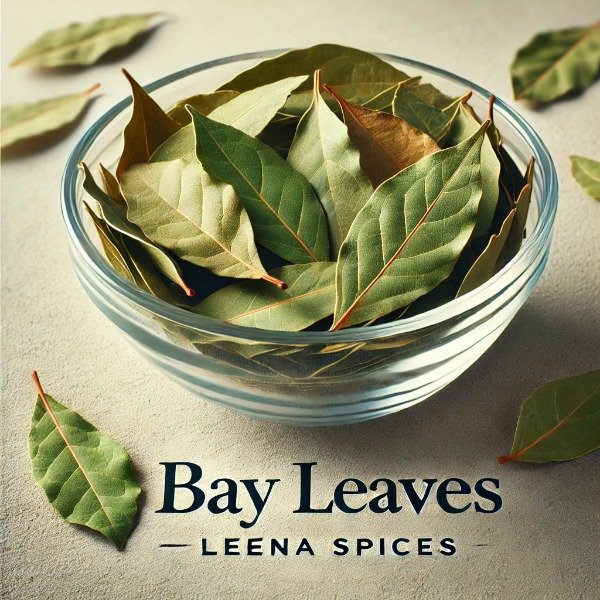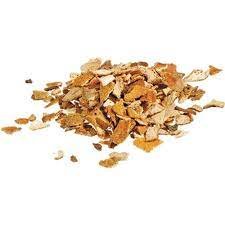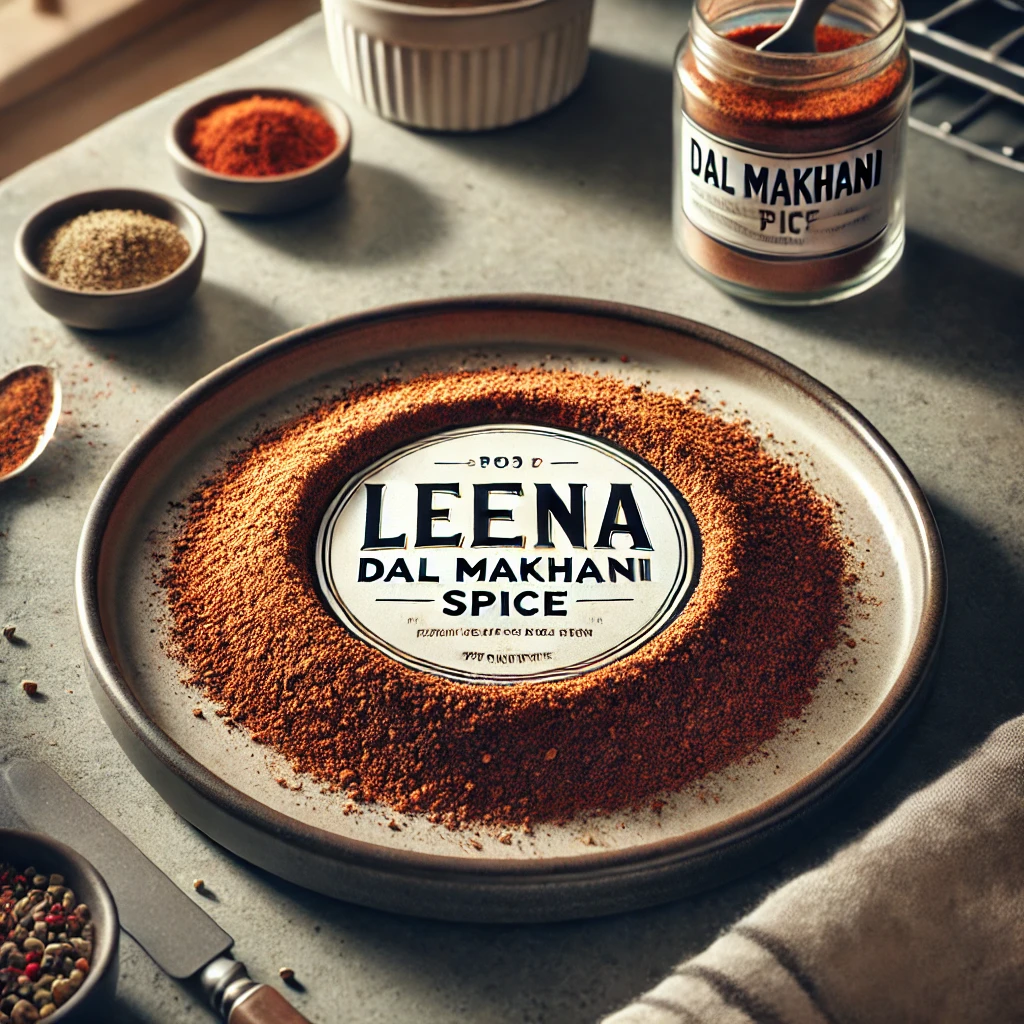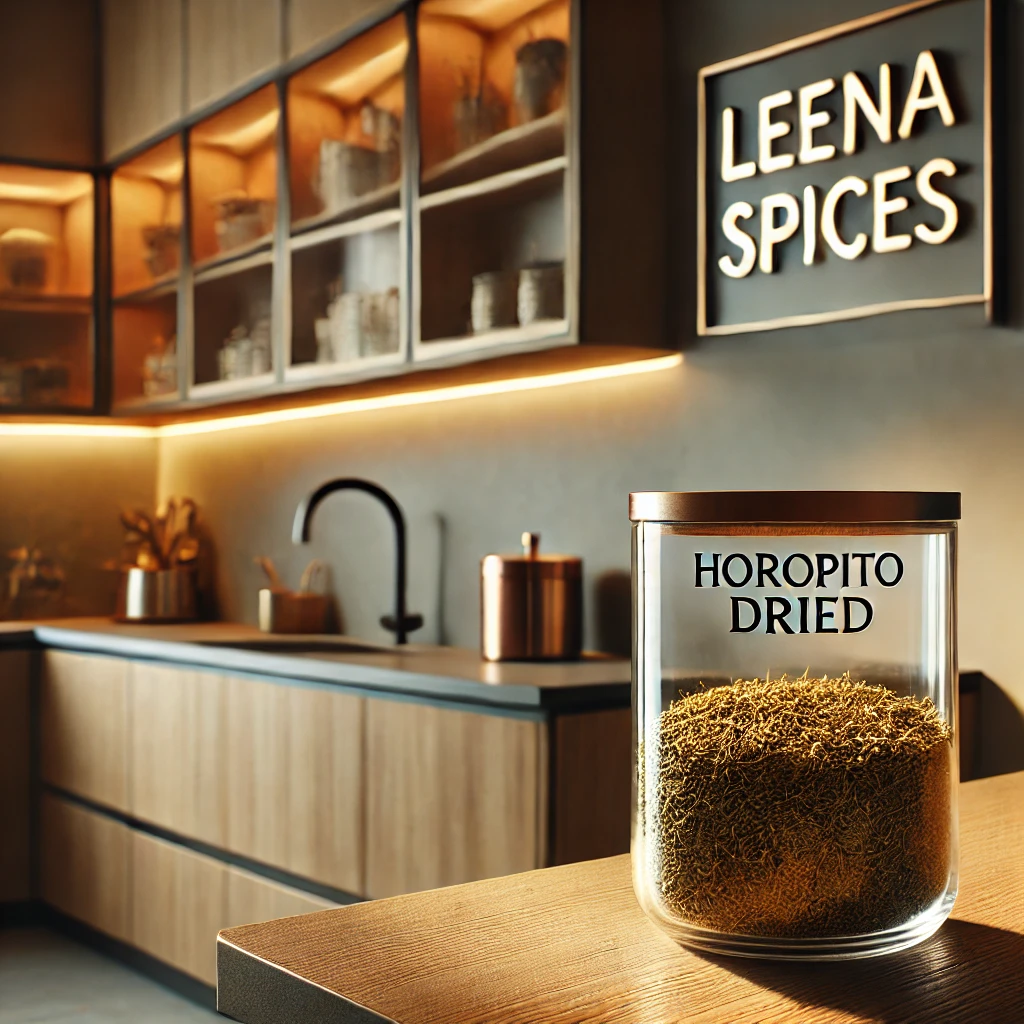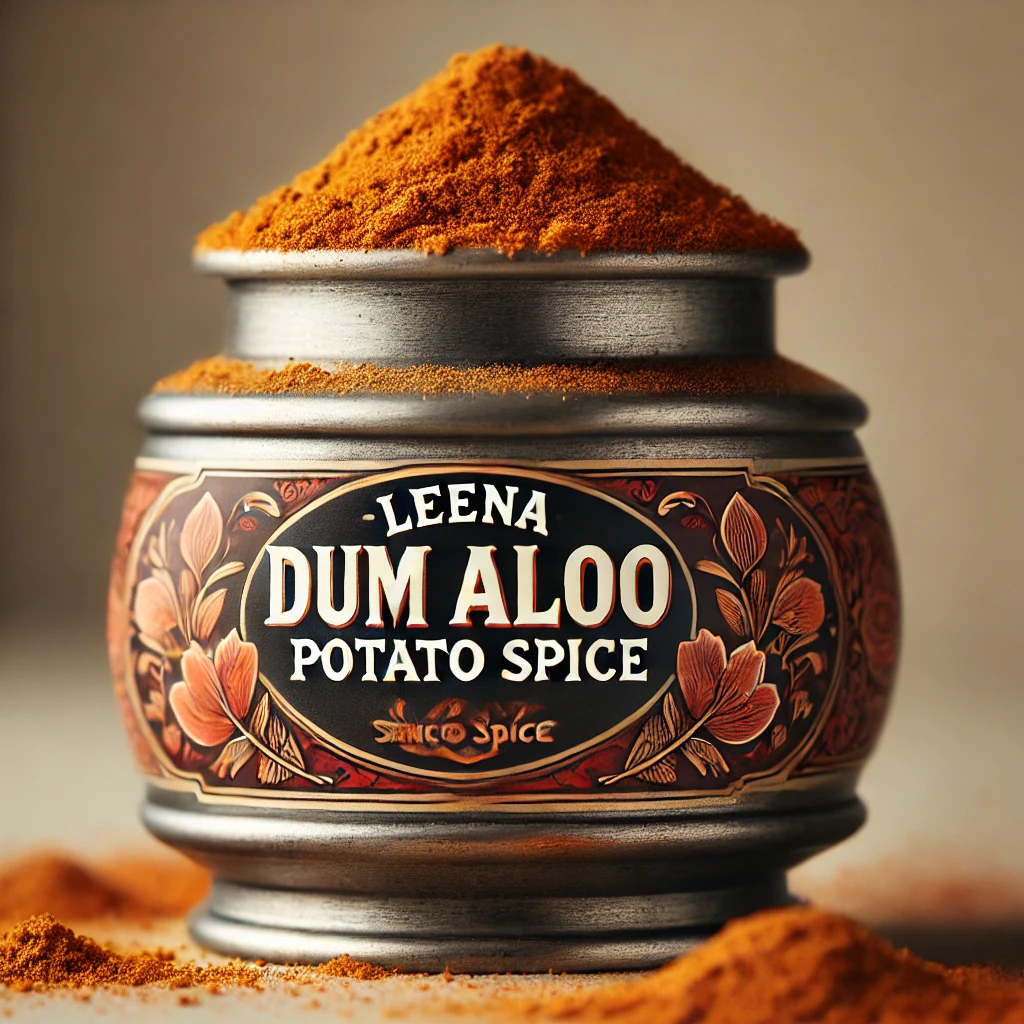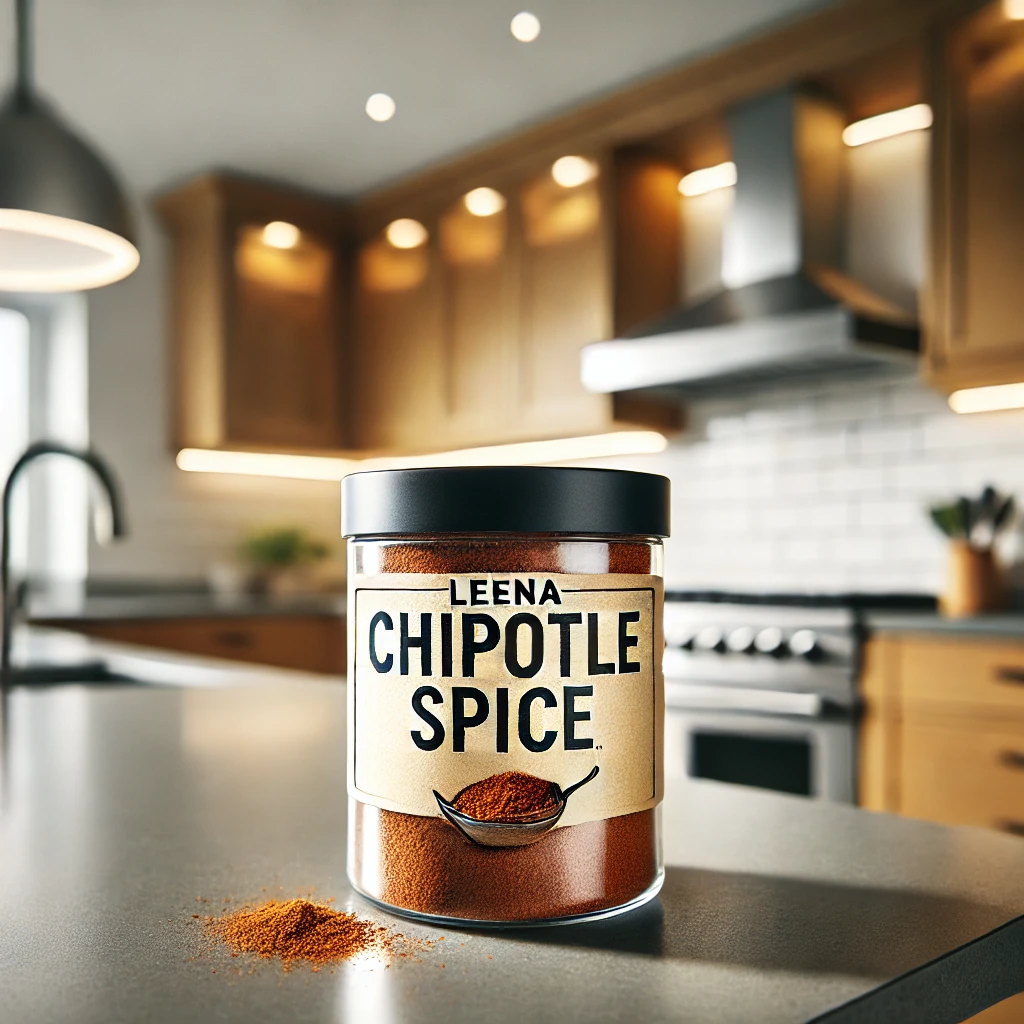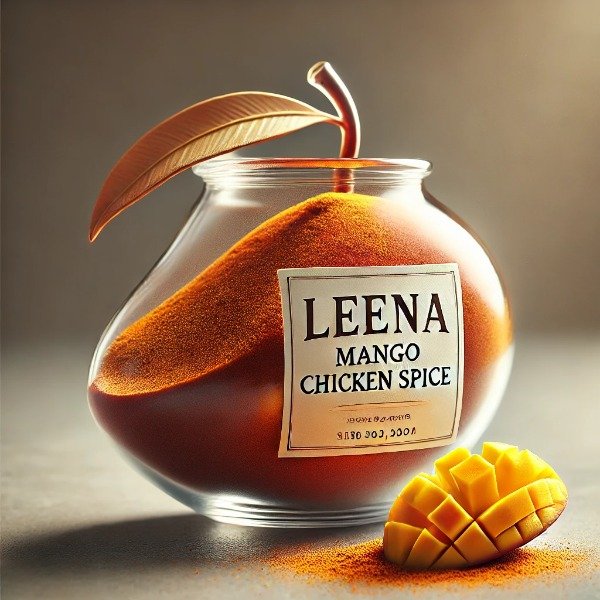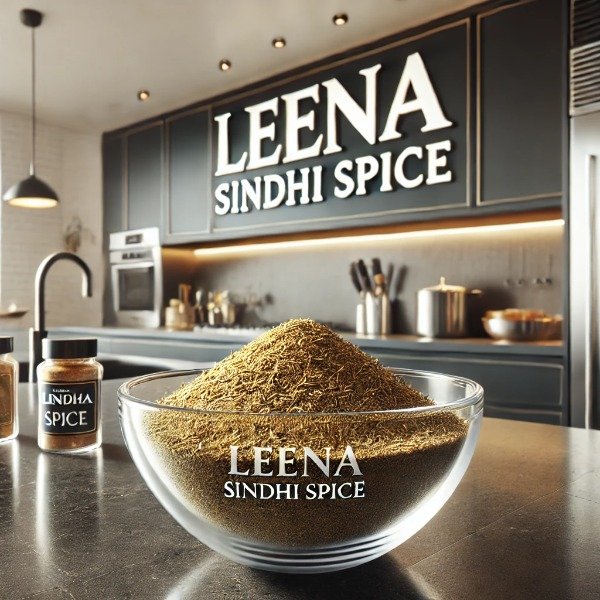🔹 How to Make Homemade Lemon Pepper Seasoning from Scratch
Table of Contents
- Key Takeaways (Q&A Summary)
- What Is Lemon Pepper Seasoning Made Of?
- Why Homemade Lemon Pepper Seasoning Is Better
- How to Make Lemon Pepper Seasoning from Scratch
- How to Store Lemon Pepper Seasoning
- Does Lemon Pepper Seasoning Go Bad?
- Frequently Asked Questions (FAQs)
Key Takeaways
What is Lemon Pepper Seasoning made of?
It’s a zesty blend of dried lemon, black and white pepper, garlic, onion, herbs like thyme and oregano, and a hint of sumac for tang — giving it that signature citrus-pepper balance.
Why is homemade lemon pepper seasoning better than store-bought?
Homemade versions are fresher, additive-free, and fully customizable. You control the salt, zest, and spice level — no preservatives, no fillers, just real flavor.
How do you make Lemon Pepper Seasoning from scratch?
Toast, grind, and mix your ingredients — dried lemon zest, peppers, herbs, and aromatics — then store in an airtight jar. It’s easy, affordable, and full of fresh flavor.
How long does homemade Lemon Pepper Seasoning last?
When stored properly in a cool, dry place, it stays fresh for up to 6–12 months, or even longer if refrigerated.
What can you use Lemon Pepper Seasoning for?
It’s perfect for adding a bright, peppery kick to chicken, seafood, roasted vegetables, potatoes, and even salad dressings.
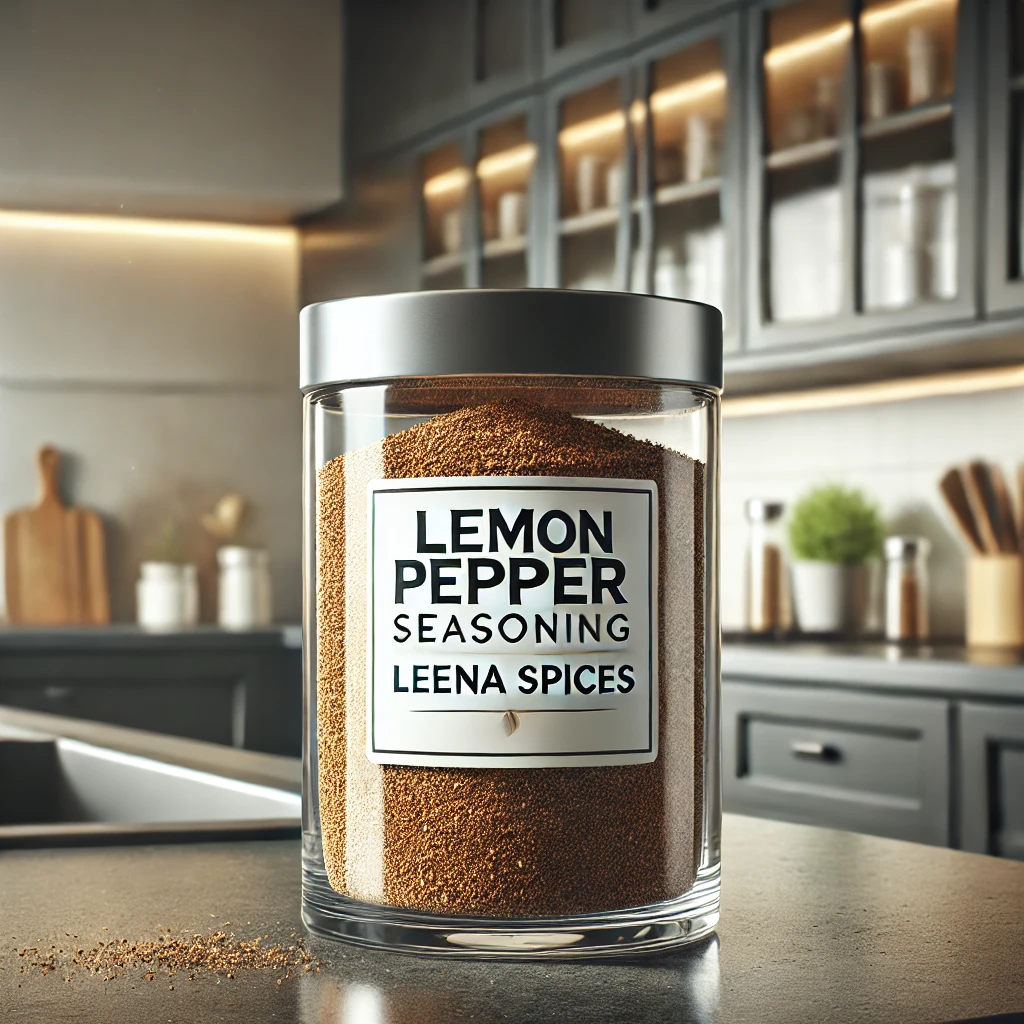
What Is Lemon Pepper Seasoning Made Of?
Lemon Pepper Seasoning is a zesty and aromatic blend that brings together citrusy brightness and peppery heat — perfect for seasoning chicken, seafood, or vegetables. Each ingredient plays a unique role in creating its balanced flavor profile.
Here’s what goes into it:
- Dried Lemon: The heart of the blend. It provides that unmistakable tangy, citrus flavor that defines lemon pepper seasoning.
- Black Pepper: Adds a bold, spicy kick and earthy warmth.
- White Pepper: Milder than black pepper, it contributes a smooth, subtle heat that rounds out the flavor.
- Garlic Powde: Brings depth and savory richness.
- Onion Powder: Enhances the overall flavor and gives a gentle sweetness.
- Celery Seeds: Add a light herbal bitterness and a hint of crunch.
- Oregano: Infuses a Mediterranean touch with earthy, slightly minty notes.
- Thyme: Offers a mild, woodsy aroma that complements lemon beautifully.
- Rosemary: Adds a pine-like fragrance and flavor that pairs perfectly with poultry and fish.
- Sumac: Enhances the lemony taste naturally while adding a subtle tartness and beautiful color.
What Makes Homemade Lemon Pepper Seasoning Better Than Store-Bought?
Homemade lemon pepper seasoning easily outshines most store-bought versions in freshness, flavor, and flexibility. When you make it yourself, every spoonful reflects your taste and ingredient choices with no fillers, no shortcuts.
Here’s why it’s worth the effort:
- Real, Fresh Ingredients
Store-bought blends often rely on artificial lemon flavoring, citric acid, or even food coloring. Homemade versions use real dried lemon zest, giving your dishes a bright, natural citrus punch that bottled versions can’t match. - No Additives or Preservatives
Many commercial mixes contain anti-caking agents, preservatives, or artificial coloring. Your homemade blend is pure with just herbs, spices, and lemon, making it a cleaner, healthier choice. - Total Control Over Flavor
You decide how peppery, zesty, or salty your seasoning should be. Want it mild? Add less pepper. Prefer more tang? Increase the lemon zest. It’s fully customizable to your palate and dietary needs — including salt-free or low-sodium options. - Customizable Add-Ons
Homemade seasoning gives you freedom to experiment. Add herbs like thyme or rosemary for a Mediterranean twist, or garlic and onion for a savory depth that pairs beautifully with fish, chicken, or vegetables. - Fresher, More Vibrant Taste
Freshly dried lemon and freshly ground pepper release aromatic oils that fade quickly in packaged mixes. When you make your own, you capture that lively flavor and aroma right from your kitchen. - Cost-Effective and Long-Lasting
Most of the ingredients are common pantry staples, and when stored properly in an airtight jar, your homemade blend stays fresh for up to a year.
How do you make Lemon Pepper seasoning from scratch?
Making your own Lemon Pepper Seasoning at home is simple, rewarding, and guarantees a fresher, cleaner flavor than anything off the shelf. The secret to the best-tasting blend is in toasting and grinding the ingredients — this step unlocks their natural oils and intensifies the aroma.
Here’s how to make it:
Ingredients
- Dried Lemon – 54g
- Black Pepper – 15g
- White Pepper – 11g
- Garlic Powder – 3g
- Onion Powder – 3g
- Celery Seeds – 3g
- Oregano – 2g
- Thyme – 2g
- Rosemary – 2g
- Sumac – 5g
Instructions
- Toast the Seeds and Herbs
In a dry pan over low heat, lightly toast the black pepper, white pepper, celery seeds, rosemary, thyme, and oregano for 1–2 minutes. Stir continuously to prevent burning. Toasting enhances the flavor and releases natural oils. - Grind to a Fine Texture
Once cooled, grind the toasted ingredients using a spice grinder or mortar and pestle until you reach your desired consistency. A medium grind works well for most dishes. - Combine Everything
In a bowl, mix the ground spices with garlic powder, onion powder, dried lemon, and sumac. Stir thoroughly to ensure an even blend. - Store Properly
Transfer your seasoning into an airtight glass jar. Keep it in a cool, dry place away from direct sunlight. Properly stored, your homemade lemon pepper seasoning will stay fresh and aromatic for up to 12 months.
Pro Tip
For an extra punch of citrus, add a touch more dried lemon or freshly grated lemon zest right before using it in recipes.
Does Lemon Pepper Seasoning Go Bad?
Lemon Pepper Seasoning doesn’t exactly “spoil” the way fresh foods do, but it does lose its flavor, aroma, and color over time. The natural oils in lemon zest and ground pepper gradually fade, leaving the seasoning dull and less aromatic.
How long it lasts depends on whether it’s homemade or store-bought, and how it’s stored.
Shelf Life Guidelines
- Unopened Store-Bought Blend:
Can last up to 1–2 years when kept in a cool, dry place away from heat and sunlight. - Opened Store-Bought Blend:
Best used within 6–12 months for maximum flavor and freshness. - Homemade Lemon Pepper Seasoning:
Since it doesn’t contain preservatives, it’s best enjoyed within 3–6 months if stored at room temperature. If kept in an airtight container in the refrigerator or freezer, it can stay fresh for up to 1 year.
How to Tell If It’s Past Its Prime
Your lemon pepper seasoning might still be safe to use, but if it shows these signs, it’s time for a fresh batch:
- The aroma is faint or nonexistent when rubbed between your fingers.
- The color looks faded or dull.
- It has started to clump due to moisture exposure.
Storage Tip
Keep your seasoning in an airtight glass jar, away from light, heat, and humidity. Proper storage helps preserve its bright lemony flavor and peppery aroma much longer.
Frequently Asked Questions (FAQs)
Can I make Lemon Pepper Seasoning without a spice grinder?
Absolutely! You can use a mortar and pestle or even a rolling pin and zip-lock bag to crush the spices. The texture will be slightly coarser but the flavor remains just as vibrant.
What kind of lemons are best for making Lemon Pepper Seasoning?
Fresh, unwaxed lemons with bright yellow skin work best. They have stronger natural oils and zest, which give the blend its signature citrus aroma and tang.
Can I use fresh lemon zest instead of dried lemon?
You can, but it’s best to dry the zest first to prevent clumping or spoilage. Spread it on a baking tray and let it air-dry or bake on low heat until crisp before blending
Is Lemon Pepper Seasoning gluten-free and vegan?
Yes, when made at home using pure herbs and spices, it’s both gluten-free and vegan-friendly — perfect for most dietary lifestyles.
What dishes taste best with Lemon Pepper Seasoning?
It pairs beautifully with grilled chicken, baked fish, roasted vegetables, and even popcorn or pasta for a citrusy, peppery twist.
Can I add salt or sugar to my homemade Lemon Pepper Seasoning?
Definitely. Adding a touch of sea salt can enhance flavor, while a pinch of sugar helps balance the tanginess of the lemon — it’s all about personal taste.
How can I refresh old Lemon Pepper Seasoning?
If your blend has lost its punch, gently toast it in a dry pan for 30 seconds to revive the aroma and flavor before using.

